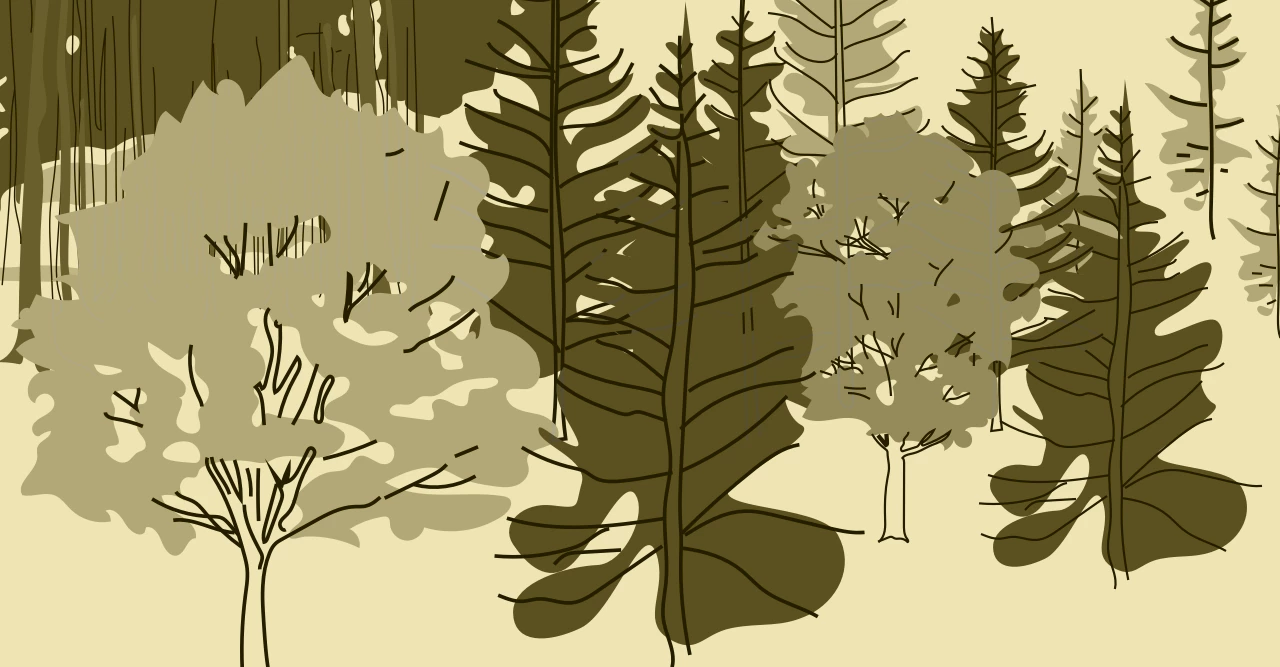Upscaling Route Map - NRW Germany demonstration area

This document provides a reflection and analysis of barriers and enablers to the reforestation of bark beetle calamity areas in NRW. Barriers are identified across political, economic, social, technical and environmental dimensions, drawing on insights gained from the establishment of demonstration sites in collaboration with seven associate partners across various forest ownership types.
While not exhaustive, the report highlights key factors to consider when planning and scaling reforestation efforts of calamity areas in NRW. Among the key barriers identified are high restoration costs, a lack of certified seed sources and conflicting approaches to reforestation from governmental nature conservation and forest management authorities. A key enabler is the ongoing establishment of a network of demonstration sites in NRW, which serve as practical examples for forest owners on how existing knowledge and funding schemes can be leveraged to reforest calamity areas with site-adapted species mixtures. Since 2018, 133,000 ha of former spruce stands in North Rhine-Westphalia have been destroyed due to the combined effects of drought, storm and bark beetle infestations. This has resulted in severe consequences for the region’s forests, forest owners and residents. It has led to significant ecological and economic challenges, including the disruption of critical ecosystem services. Urgent reforestation of these calamity areas is essential to restore ecosystem functions, mitigate soil erosion and to secure the long-term resilience of NRW's forests.
The overarching goal of the reforestation efforts implemented in the NRW demo region is to restore resilient forests that continue to provide vital ecosystem services such as timber, clean water, and recreational spaces, while addressing the challenges posed by climate change. The adopted restoration approach emphasises the establishment of mixed-species forests to enhance resilience against climate change and future biotic and abiotic threats. The implemented reforestation approach aligns with the reforestation and silviculture concepts developed by NRW’s Ministry of Agriculture and Consumer Protection and the State Forest Service. The demonstration sites established through the SUPERB project serve as practical models for forest owners and managers, supported by government funding schemes, thereby laying the foundation for scaling up reforestation efforts across the region.
- Active Restoration
- Implementation
- Planning & Upscaling
- Landowners & Practitioners
- Planners & Implementers
- Policy Actors
- Restoration after natural disturbances
- Tree species/functional diversity
- Wood and biomass production
- Continental
- Germany
- 2025

